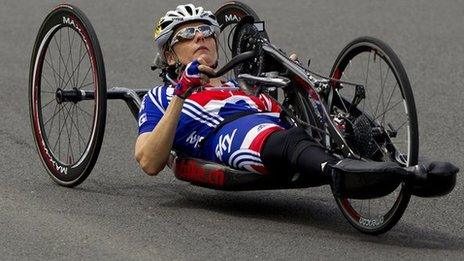Rio Paralympics 2016: Classification is 'bedrock' of sport says BPA chief
- Published
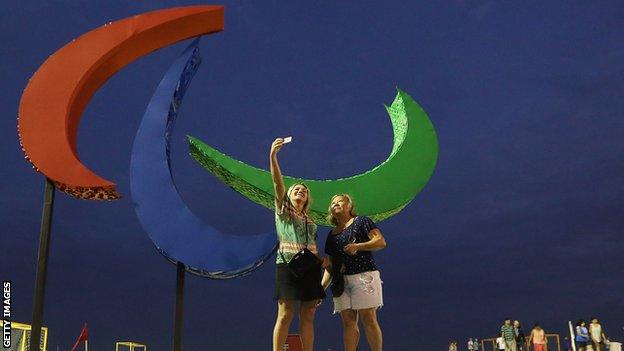
Paralympic Games on the BBC |
|---|
Venue: Rio de Janeiro, Brazil Dates: 7-18 September Time in Rio: BST -4 |
Coverage: Follow on Radio 5 live and via live text commentary |
Claims that the classification system for disabled athletes is being manipulated to boost medal chances has been rejected by British Paralympic Association boss Tim Hollingsworth.
No advantage was being sought for Britain's 264 athletes in Rio, he said.
Concerns have been raised that some Paralympic athletes are being deliberately mismatched.
But Hollingsworth said: "We are here to win medals, but within both the letter and the spirit of the Paralympics."
Baroness Tanni Grey-Thompson, an 11-time Paralympic champion, has said the issue "goes to the heart of the integrity of the sport".
The International Paralympic Committee (IPC) says the system is always under review, while UK Athletics said it will review classifications, external after Rio.
The Paralympics start on 7 September and run until 18 September.
The classification system puts athletes into groups depending on the level of their impairment to try to ensure fair competition.
But British T37 200m sprinter Bethany Woodward told the Sunday Times, external she was withdrawing from the ParalympicsGB squad for Rio and had lost faith in the way the team was selected.
Woodward, 23, who has cerebral palsy, said: "I represented my country for a long time but if I can't compete like I used to compete, because they've brought in people who are not like me in terms of disability, what's the point?"
UK Athletics has said that Woodward was not in consideration for selection because she had not met the necessary criteria.
It has also been claimed some competitors try to manipulate their classification to compete against athletes with more severe impairments and therefore improve their chances of success.
A recent IPC report found no clear evidence of "intentional misrepresentation" after analysing some 80 cases.
Rio Paralympics 2016: Categories of impairment explained
IPC head Sir Philip Craven has defended the classification system but told BBC Radio 4's Today programme it was "permanently being reviewed".
"It is a developing system and a developing science," he said.
Asked whether there was a "risk" some countries were too keen on winning medals, Craven said he would not "respond to that question", adding: "All countries are very keen on performing well and performing within the rules."
Former Paralympic swimmer Natalie Jones said classifying athletes was a "really hard job", with more than 4,000 athletes to test worldwide.
But Hollingsworth insisted: "We are very focused on getting the right athletes in the right class. We've got nobody going into the Games in our view who doesn't have the appropriate classification.
"I dispute a view that what has been discussed over the last few days should lead to conclusion there is anything along those lines going on."
Analysis
Baroness Tanni Grey-Thompson told BBC Radio 5 live:
The reality is athletes will fall one side of the line or the other and that's what happens when you have these groupings.
The old system used to be very disability specific. They're moving it to sports-specific so it's how your impairment affects you doing that sport.
There's a system in place and athletes have to have faith and people watching have to have faith that the system is right. It doesn't mean it doesn't evolve and doesn't change and need to be looked at from time to time to check it's OK.
We have to take it on trust that the athletes are in the right class.
High-profile reclassification cases
British sprinter Libby Clegg has a deteriorating eye condition and will wear a blindfold for the first time in Rio after being reclassified. She faces Brazil's three-time Paralympic champion Terezinha Guilhermina in the T11 200m.
Scottish teenager Erraid Davies, who became the youngest Commonwealth medallist in 2014 with a breaststroke bronze aged 13, will not be in Rio after medical tests ruled her hip bones and joints impairment was now not serious enough for her to be eligible for disability swimming.
British sprint and cycling world champion Kadeena Cox, who suffers from Multiple Sclerosis, has been reclassified in both sports and will face less-disabled rivals in Rio.
Two-time British Paralympic archery champion Danielle Brown suffers from complex regional pain syndrome. It gives her chronic pain in her feet, but World Archery said it did not impact on performance and she is not eligible to compete at the Games.
- Published6 September 2016
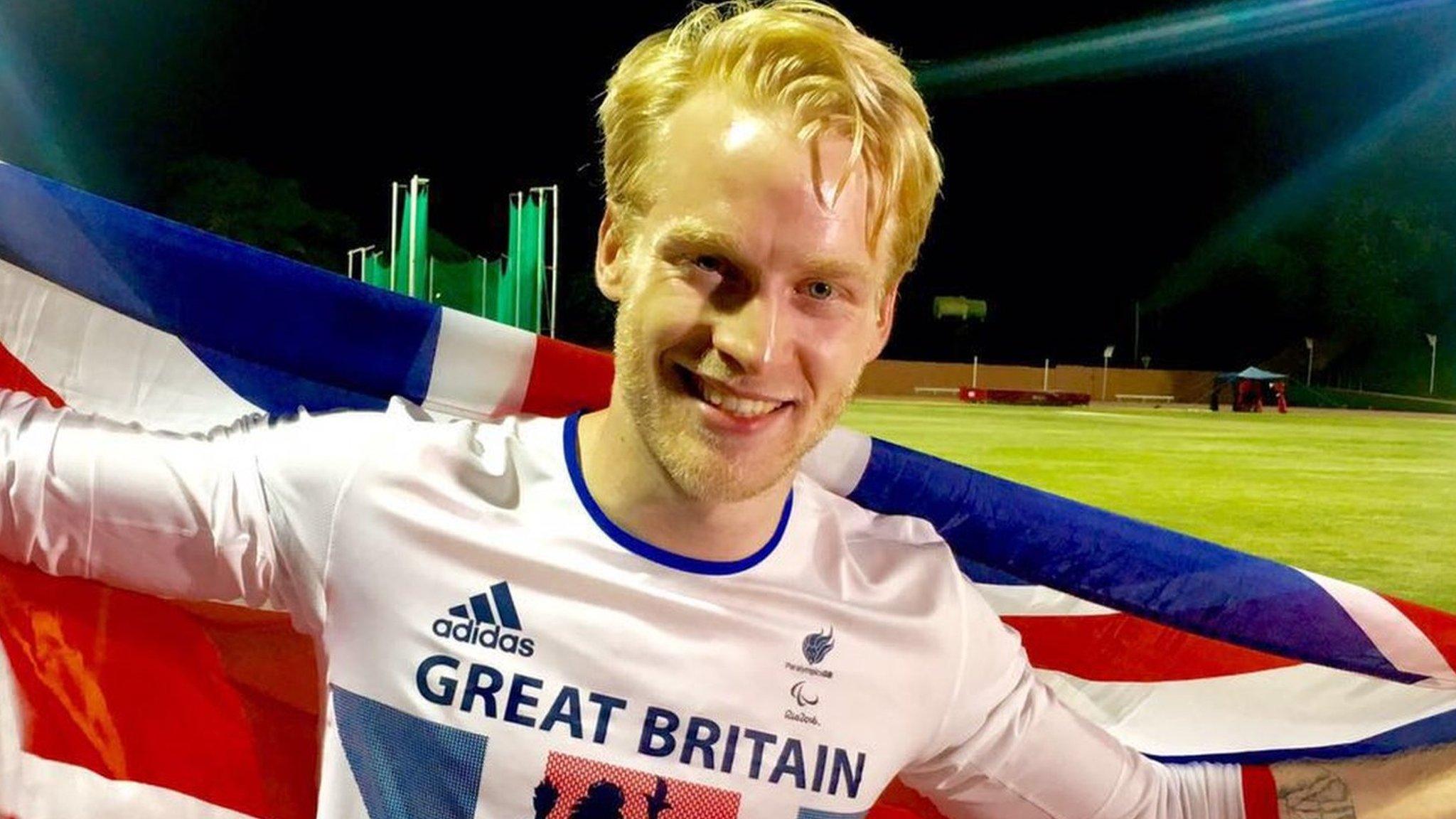
- Published23 August 2016
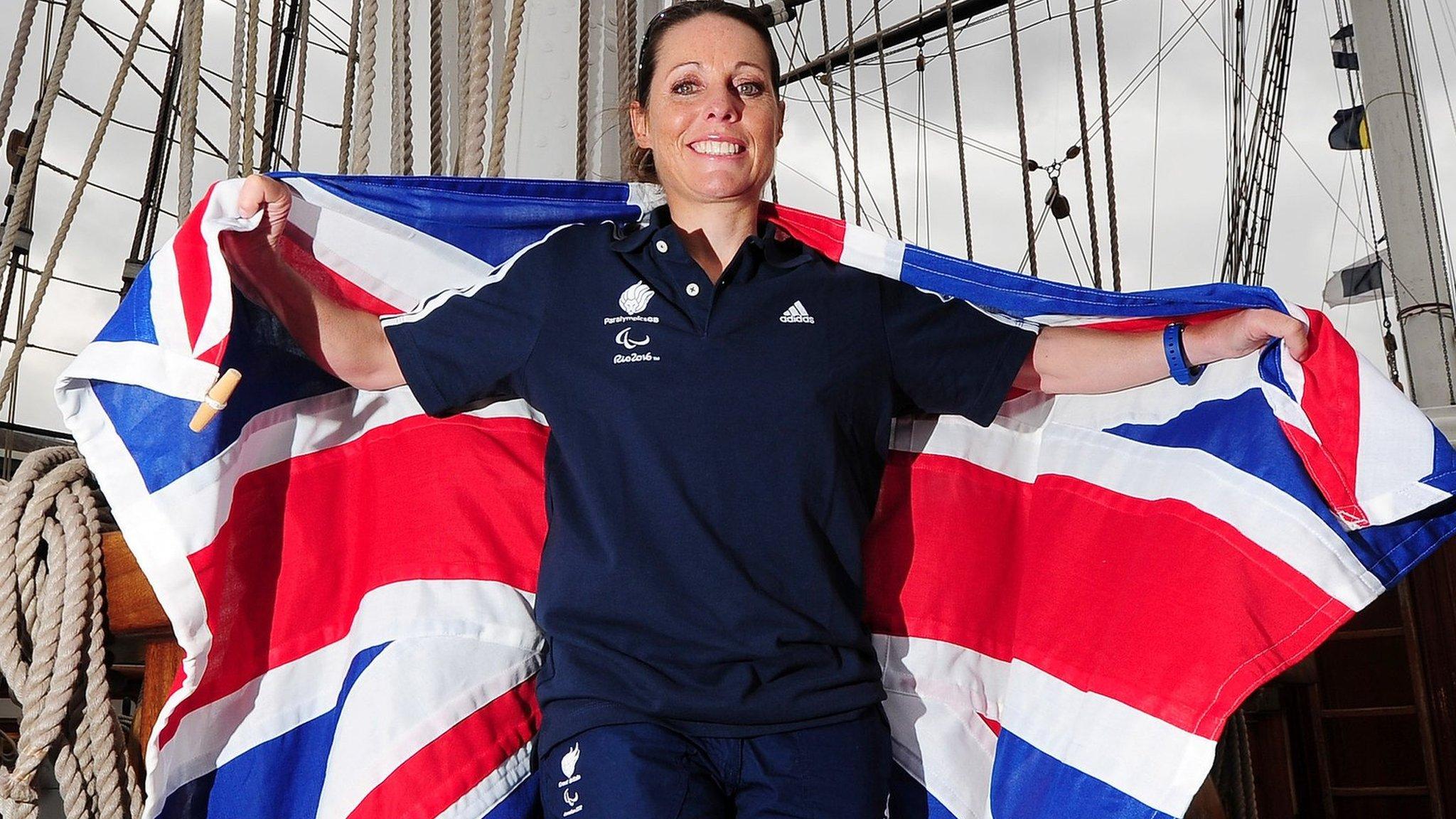
- Published6 September 2016
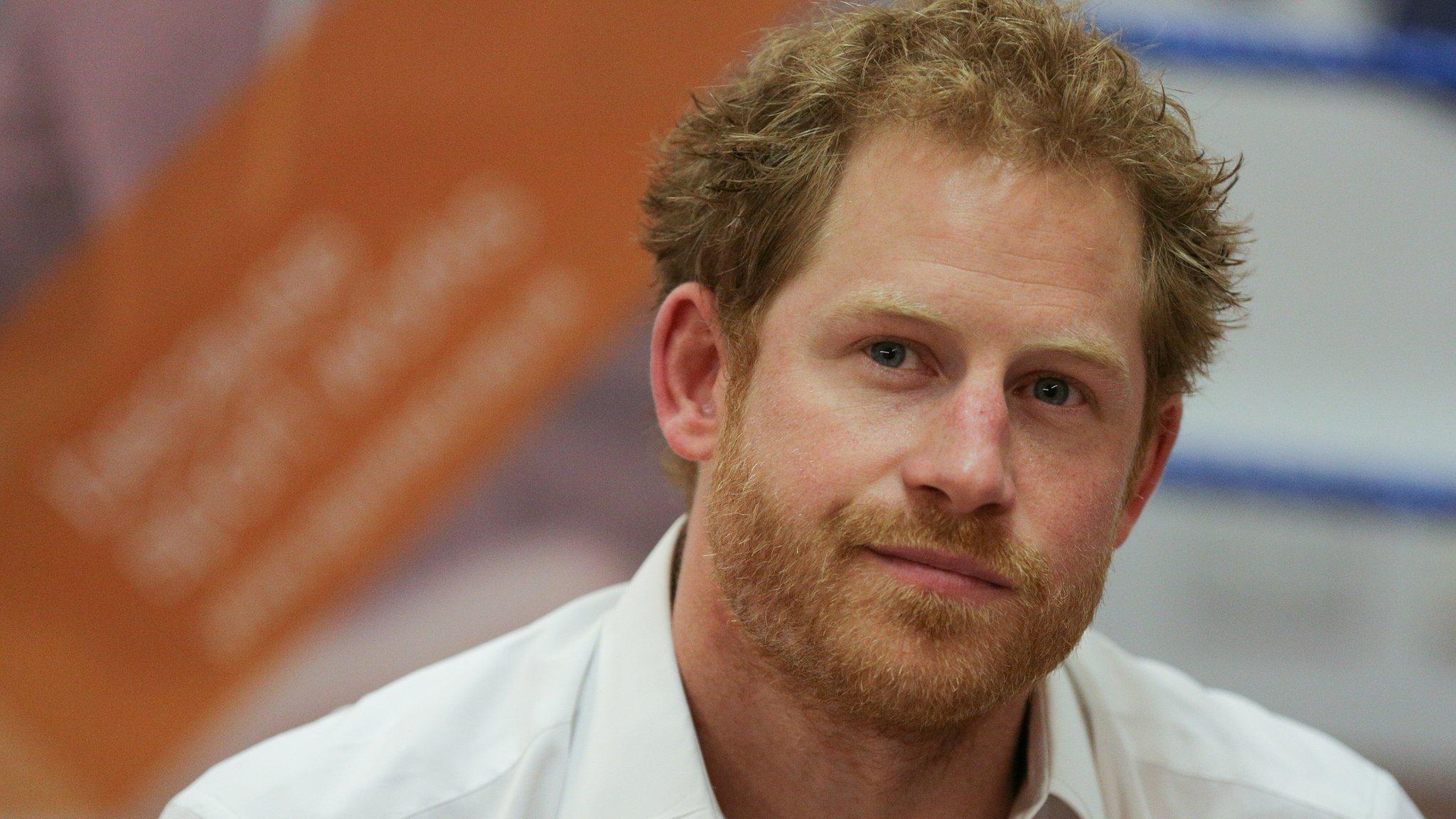
- Published6 September 2016
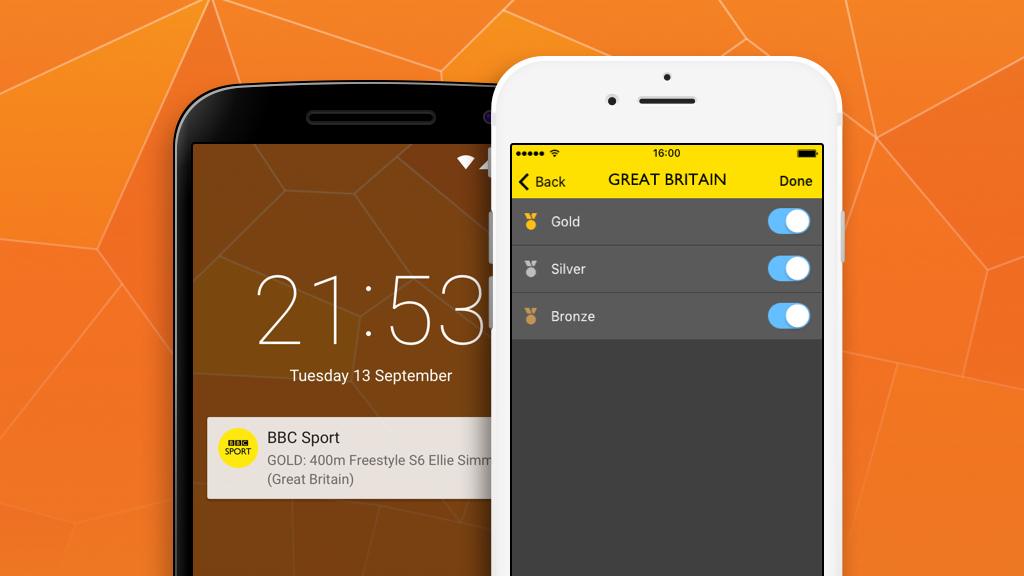
- Published5 September 2016
